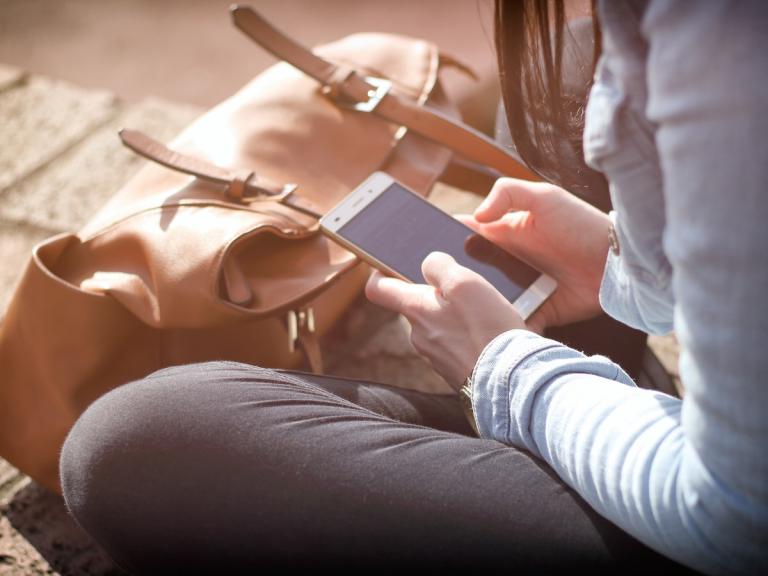
Adults predict they could only go without their phone and TV for five hours, while they could manage three days without a laptop or tablet.
A study of 2,000 British participants found 71 percent admitted they’d struggle to manage their life if they didn’t have access to the internet. Without a phone, more than half (56 percent) would hardly communicate with anyone. When it comes to game consoles, adults could manage for three days without access to them.
Still, people would only be able to manage an average of five hours and 11 minutes without their phone, relying on it for online banking (44 percent), social media (38 percent) and maps and directions (34 percent).
The research was commissioned by Tesco Mobile, which distributes data through the Trussell Trust’s network of food banks as part of its Little Helps Databank, aiming to connect 50,000 people facing financial hardship by 2025.
The study also found 57 percent agreed digital connection is vital for their well-being and a further 56 percent also said it’s essential for their social life, and 49 percent rely on accessing the internet for their job.
Tesco Mobile teamed up with comedian Dom Joly to highlight the importance of being online and connected. He spent a weekend without any devices and came up against several problems, including the inability to pay for groceries without his banking app. He also missed his daughter’s hockey game as he couldn’t find the location without access to maps and couldn’t pay a bill without a phone or internet access.
Dom Joly said, “This experience has highlighted to me just how vital having a digital connection is. I take a huge amount for granted, having a mobile phone and internet access. In just a weekend, I felt very frustrated and isolated and didn’t expect to face such a variety of hurdles caused by my lack of data and internet. I can only imagine how hard it is for people who are disconnected over much longer periods and often without the support of others. Poverty is an issue that a growing number of families are facing across the UK. I hope to raise awareness of people facing financial hardship and unable to afford essentials, like connectivity.”
The research also found technology is used daily for accessing the internet (51 percent), speaking to family and friends (45 percent) and keeping up to date with news (45 percent). During the average day, mobile phones are used for three and 34 minutes, while laptops are active for under four hours.
In the past 12 months alone, people have used their smart devices to pay bills (32 percent), book medical appointments (24 percent), and order food shopping (22 percent).
Others have accessed benefits advice and other forms of support (12 percent), applied for a job (11 percent) and booked their child onto after-school clubs (10 percent). Lack of access to devices and the internet would leave people feeling disconnected (38 percent), isolated (27 percent) and lonely (25 percent).
Despite seven in 10 (71 percent) assuming most adults would have a mobile phone with sufficient data today, 35 percent know someone who can’t access the internet, according to the OnePoll data.


